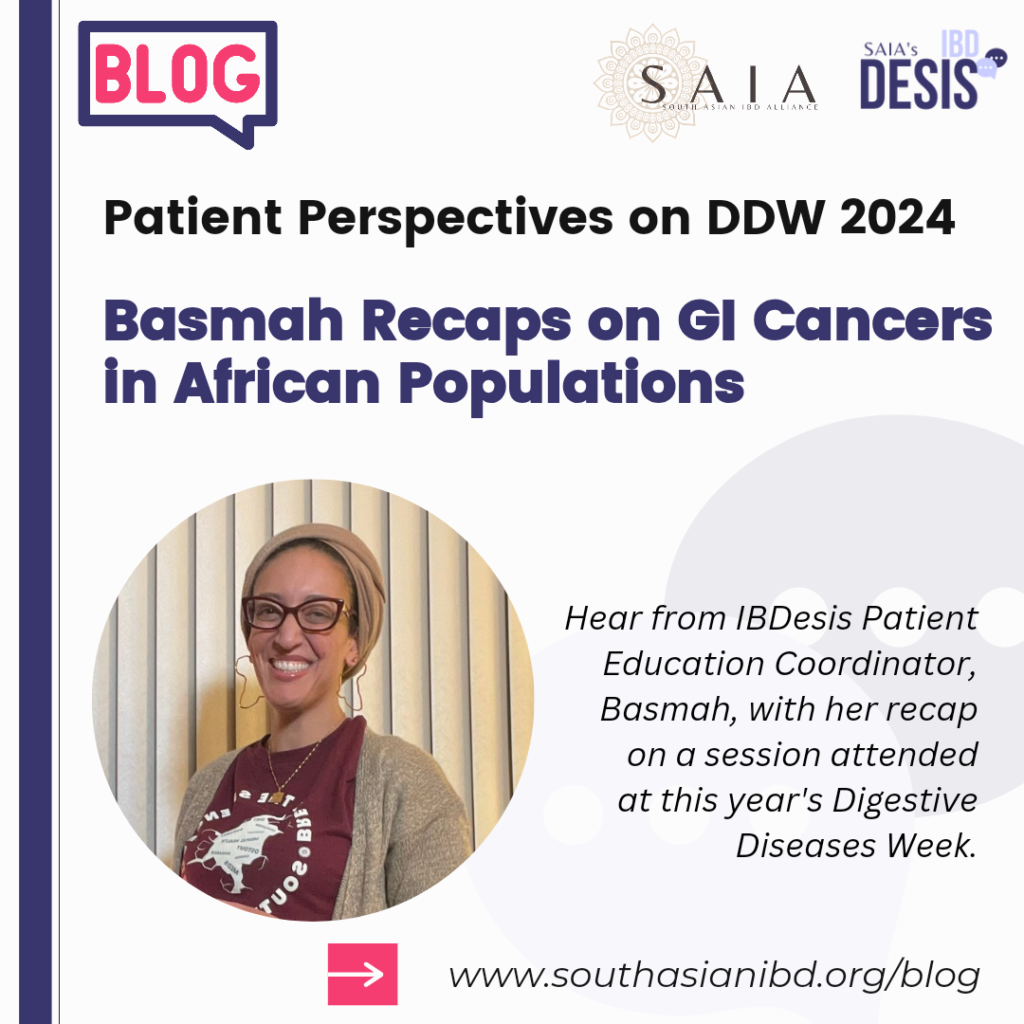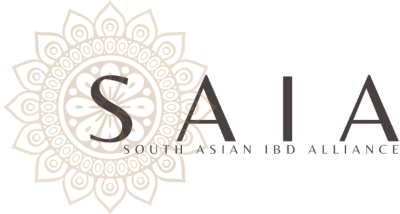
As part of the 2024 Digestive Disease Week Conference (DDW), I had the honor of attending a session led by the American Society for Gastrointestinal Endoscopy (ASGE) and the Pan African Organization for Health, Education, and Research (POHER) on the incidence and prevalence of gastrointestinal cancers in African communities and the role of endoscopic procedures in the management of GI cancers.
Several doctors addressed the impact of some of the most common GI cancers, including esophageal cancer, pancreatic cancer, gastric cancer, and colorectal cancer, on African populations. While a lot of information was provided, here are highlights from the session:
- The rates of GI cancers are increasing in many African countries.
- Risk factors may vary depending on the type of cancer, but genetics, lifestyle factors, living conditions, and other environmental factors, must be taken into consideration.
- Screening is key for early detection and management!
- Barriers to effective screening include but are not limited to lack of access to healthcare, prohibitive out-of-pocket costs, expensive technology, and lack of medical training opportunities for specialists to implement cancer screening and surveillance programs.
- In addition to these structural constraints, cultural stigma is an issue that stops patients from seeking preventative screening or accepting treatment. Public education is essential to destigmatize healthcare!
The last two key considerations really stood out to me. My family is from Egypt, and I often hear of the deep shame that comes from needing to seek healthcare. People may hide their health conditions out of fear of how others in the community may perceive them and the potential impact that chronic health conditions may have on their employability, marriageability, and family planning.
On the other hand, even those who do seek out treatment often find that they don’t have access due to a lack of availability of specialists or technology or due to the high cost of care.
As a patient advocate of North African descent, hearing about these growing trends of cancers and understanding the barriers to screening and treatment is incredibly concerning. At the same time, I recognize that these issues affect other countries around the world, including South Asian countries.
Ultimately, the biggest take-home message that I want to get across to readers and other advocates is that health equity is a global issue. It is acknowledging that every individual, community, and country has their unique challenges that include cultural barriers, structural determinants or both. Yet, we have an opportunity to help one another by identifying and working toward eliminating inequities through empathy, knowledge sharing, and advocacy. Through this process, I hope to ensure that everyone can receive the optimal care they deserve.
